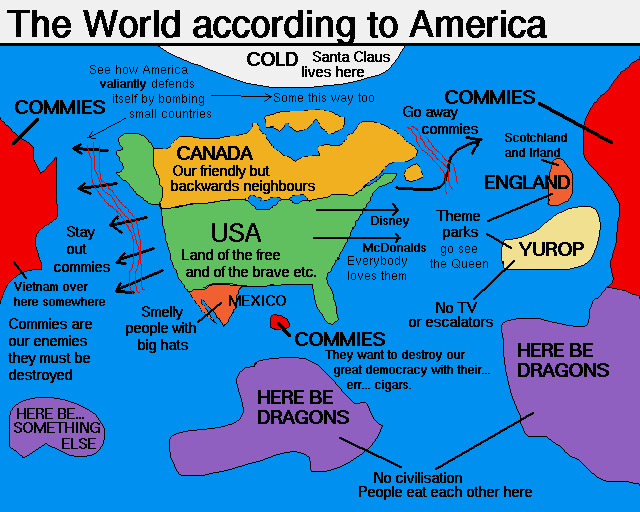 For my last post, I wanted something interesting and poignant to talk about the way that Current American Society will be remembered. I thought that this would be a good summation of my blogging throughout the year.
For my last post, I wanted something interesting and poignant to talk about the way that Current American Society will be remembered. I thought that this would be a good summation of my blogging throughout the year. The many great societies have had artists that have sustained the trials of time. Despite this, many of them probably would not have been chosen as those to succeed in the future during their time. The books of Charles Dickens were, if popular, the equivalent of a modern soap opera. Picasso was unknown. Moby Dick only sold 50 copies during Herman Melville's life.
Obviously, I have no idea of people who I think will be the next Picasso or Melville simply because my social awareness does not have that scope. I can, however, look at some ordinary pop-culture events and hypothesis which ones I think will be remembered in the future.
I think Peter Max is our artist (featured to the left).
As far as music goes, I can think of many different people who should become famous in the future, but musicians tend to be famous in their lifetime if they are famous in the future.
I think that Marilynne Robinson shows a lot of promise for being remembered. I hope that Dan Brown is not remembered, as his books are simply a mixture of the worst of human tendencies-- sex and violence.
As far as TV, I think that we may end up with shows like Dead Like Me and Dexter, which both appeared on premium channels and are my two favorite TV shows, representing American culture. They both have themes of agnosticism and humanism, which I think is a huge theme of America right now.
What do you think will be remembered in the future? Will people look at our books and CDs and laugh or call our time a renaissance?

















